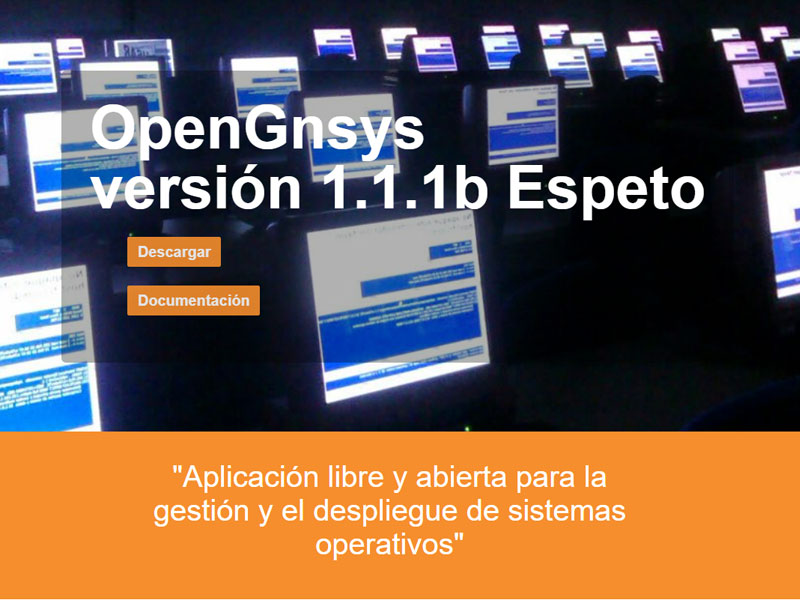Among the new features stands out the possibility of performing an unattended installation of OGAgent for Windows and the addition of a script to add computers defined in OpenGnsys to local DHCP.
Also worth noting is the option to list new types of Linux applications in the software inventory. The migration scripts have also been improved, expanding exported data and allowing to exclude some data when importing.
The rest of the improvements can be seen in the Changelog of OpenGnsys 1.1.1b. Project managers recommend updating previous versions by running the script opengnsys_update.sh. For any questions, you can consult the installation documentation available on their website. From there it is also possible to download the software free of charge.
As we indicated at the beginning of this post, the launch of this maintenance version consolidates the integration of OpenGnsys and UDS Enterprise. The union of both software allows enabling authenticated access to any device regardless of where it is located. And not only that. Access times can be defined, optimizing the performance of corporate devices, which can be used directly in person during the opening hours of universities, offices, public offices… and remotely when they are closed.
Many organizations are taking advantage of the possibilities offered by these solutions during the alarm state by Covid-19 so that employees can work remotely by accessing the computers located in the company, where they have all the programs and applications they need to work and, in addition, they have the optimal technical features to carry out their tasks efficiently.
Educational centers and universities have also been able to solve the accessibility challenges to learning tools posed by the health alert thanks to UDS Enterprise and OpenGnsys. This is the case of the University of Malaga. You can check their experience in this article.
For more information on the integration of the UDS Enteprise VDI broker and OpenGnsys, see the following section of our website: PCs optimization with OpenGnsys.








0 Comments